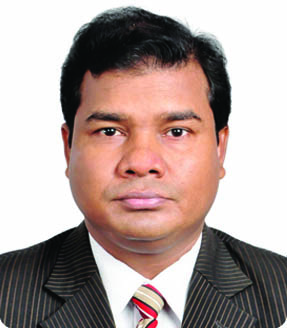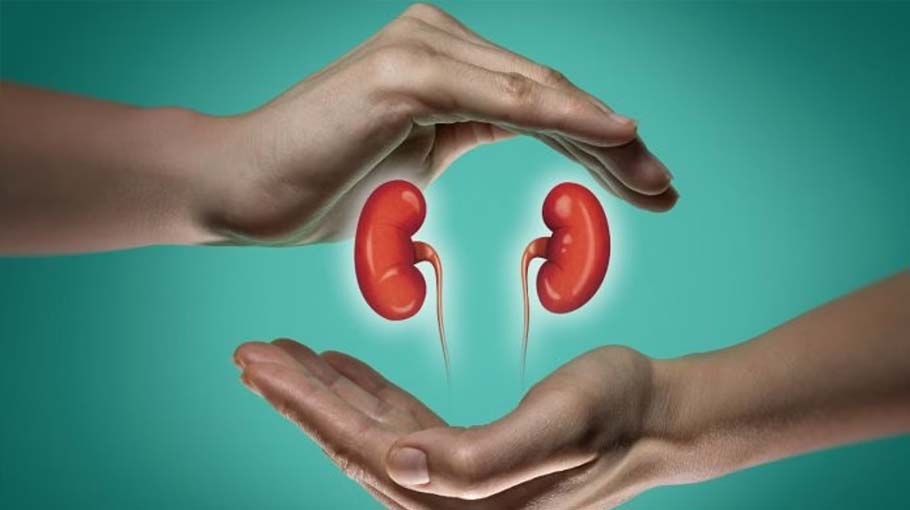Kidney disease: A silent killer
Country’s 18pc adult population are kidney patients

Various reports indicate that 16-18 percent adults are affected by kidney-related diseases in Bangladesh.
Over 50 lakh kidney failure patients will pass away before their time by 2040, according to a World Health Organization (WHO) report. Such deaths will occur as a result of inadequate treatment for serious illnesses.
The WHO report says presently chronic kidney disease affects over 85 million people worldwide. Unfortunately, the majority of these patients—75 per cent of them—do not know that their kidneys are being silently destroyed by deadly kidney diseases.
Every year, 13 lakh people experience abrupt kidney failure; 85 pc of these cases occur in developing nations like Bangladesh. In developed nations, governments struggle to treat kidney failure, the WHO report further states.
Prof. Dr ABM Abdullah, the Personal Physician of the Prime Minister, said that health insurance could be introduced in our country to ensure health treatment for all patients including kidney disease.
He said that although there are some limitations in our country, health insurance is available in many countries across the world.
According to studies, 16–18 pc adults in Bangladesh suffer from chronic kidney disease, Professor M A Samad, of Department of Kidney Diseases, Anwar Khan Modern Medical College Hospital told Bangladesh Post that the prevalence of kidney disease is very high. The treatment cost of kidney failure is so high that only 10 pc of the patients in this country can afford treatment.
"On the other hand, 50 to 60 per cent of cases of kidney failures can be prevented if a little awareness and a healthy lifestyle are practised regularly. Kidney failure is the ultimate consequence of kidney disease.
“Dialysis or a kidney transplant are the only options for survival once the kidney fails", said Prof Samad, also the President of Kidney Awareness Monitoring and Prevention Society (KAMPS).
“However, a large section of the kidney failure patients fail to afford afford treatment due to its high cost. Consequently, nearly 90 pc of patients pass away. Many survive partially treated,” Samad added.
Conversely, everyone can avoid 50–60 pc of these deadly kidney diseases by being informed and leading a healthy lifestyle, the report suggests.
President of the Kidney Foundation, an eminent Nephrologist, Professor Harun or Rashid told Bangladesh Post that Kidney disease is the only disease that shows no symptoms until 80 to 85 per cent of someone's kidney is damaged, and then there is no alternative but to go for treatment like dialysis or finally for transplantation.
He said that effective implementation of universal health converge would benefit people and policy to be formed so that kidney patients can be brought under this coverage.
Professor Robed Amin, Line Director, Non-Communicable Disease Control (NCDC), DGHS, said that the issue of equal access to treatment for all patients exists in principles of universal health coverage.
He mentioned expansion of dialysis facilities is very important for ensuring the treatment of kidney patients. Not as a part of a clinic or hospital but rather an opportunity to establish a separate unite of haemodialysis centres is essential for easing treatment, if needed policies need to be formulated for this.
Experts suggest that to reach the dialysis facilities in remote areas, practical changes should be made in the definition and policies of the dialysis centre of the Department of Health.
Studies suggest that up to 60 per cent of kidney disease cases can be prevented through lifestyle changes and regular screenings. Simple measures like exercise, balanced diets, and controlling diabetes and hypertension can significantly reduce the risk.





